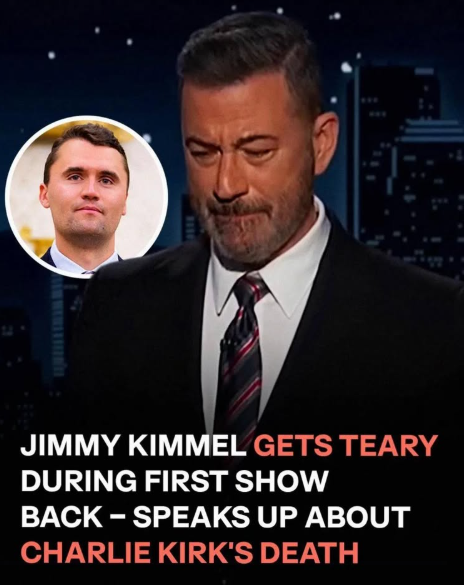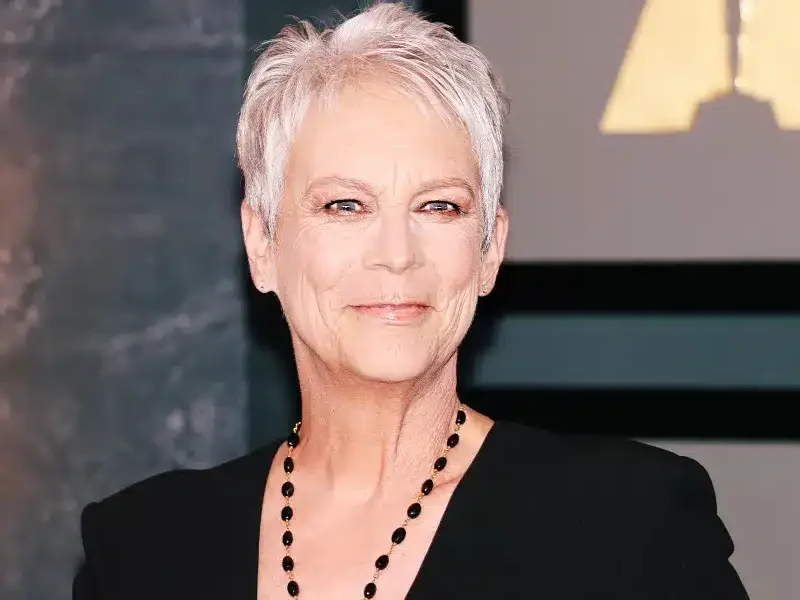In a rare moment for late-night television, Jimmy Kimmel set aside the usual jokes and celebrity banter for a sobering reflection on free speech. Returning from a controversial suspension by ABC, the host used his opening monologue not just for personal defense, but for a broader commentary on American values. The suspension, stemming from remarks made during a sensitive time, had become a flashpoint in the ongoing culture wars, pitting creative freedom against perceived sensitivity. Kimmel’s response was to elevate the discussion beyond the immediate incident.
Fighting visible emotion, Kimmel framed the issue not as a personal grievance but as a matter of constitutional principle. He drew a stark line between the consequences he faced—a temporary suspension—and the dire risks faced by satirists and reporters in authoritarian regimes. His statement, “This show is not important, but the fact that we are allowed to have this show—that matters,” served as the core of his argument, suggesting that the mechanism for open discourse is more valuable than any single opinion expressed within it. The decision by some affiliate stations to not air the segment only underscored the deep divisions he was addressing.
The moment highlighted the precarious position of media conglomerates like Disney, which must navigate intense public pressure while upholding commitments to free expression. Kimmel’s monologue, whether viewed as genuine or calculated, successfully transformed a personal controversy into a public debate about the role of comedy in society and the health of the First Amendment. It was a clear signal that in today’s media landscape, entertainers are increasingly expected to be commentators on the very systems that enable their platforms.


